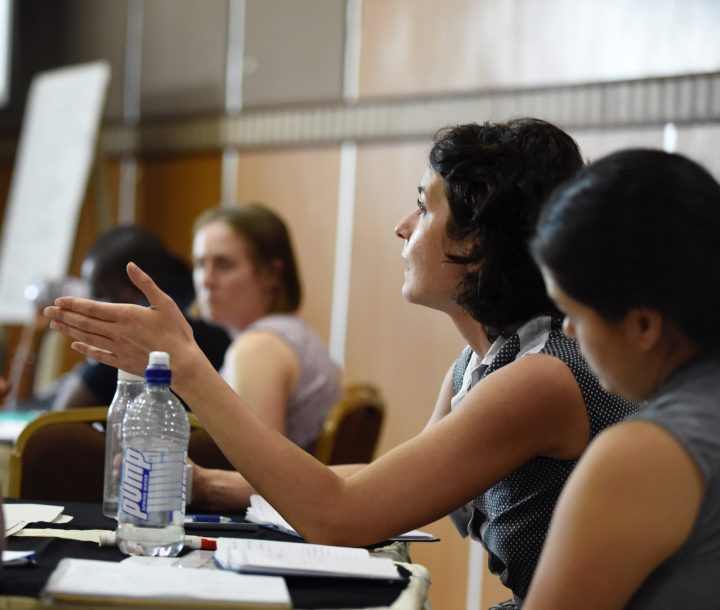Humanitarian events are increasing globally, both in number and intensity. In response, the international community spends approximately US$30 billion annually to alleviate both the immediate consequences of these climatic, geographic, and human-induced events but also to support mitigation and recovery.
Over the past two decades, the humanitarian sector has increasingly professionalised. One under-studied aspect of this professionalisation is an increase in postgraduate studies in humanitarian action over the last 20 years.
Despite this increase, there is no agreement on core curriculum or pedagogy across humanitarian studies courses. How do current Masters of Humanitarian Assistance (MHA) offerings converge and differ, and how can such courses further their contribution to the humanitarian endeavour?
This paper surveys 26 anglophone courses offered in the United States, Europe, the United Kingdom, Australia, India, and Nigeria, exploring key characteristics of course entry requirements, flexibility, research, practical components, and academic foci. It does not recommend what a core curriculum for humanitarian courses should be, but does argue that core curriculum for humanitarian courses should be identified by relevant and diverse stakeholders such as affected communities, humanitarian agencies, disaster management bodies, and governments, to ensure that courses in this field provide appropriate learning outcomes. The paper suggests how such a ‘charter’ may be developed.





